13 Health Benefits Of Turmeric (Haldi)
Turmeric roots are used fresh or boiled in water and dried, after which they are ground into a powder. Turmeric powder is sunset-yellow in colour. It has a slightly pungent, bitter flavour and earthy aroma.
Turmeric contains curcuminoids like curcumin which imparts a vibrant yellow colour, dimethoxy curcumin and bisdemethoxycurcumin and volatile oils like turmerone, atlantone, zingiberone and sugars, proteins and resins.
Turmeric has been used by Ayurvedic healers as medicine since the olden days. Popularly known as Haldi, this powerful spice is also a go-to option while dealing with numerous health ailments. Whether consumed or applied, its benefits are plentiful.
Health Benefits of Turmeric Are:
Anti-Inflammatory:
Research has shown curcumin to be highly effective in reducing inflammation. The anti-inflammatory effect of curcumin is most likely mediated through its ability to inhibit cyclooxygenase-2 (COX-2), lipoxygenase (LOX) and inducible nitric oxide synthase (iNOS).
Powerful Anti-Oxidant:
Curcumin is also a powerful anti-oxidant and thus protects our body from free radicals, reducing the risk of heart disease and cancer.
Delays Diabetes:
Curcumin present in turmeric delays the onset of type 2 diabetes by inhibiting the formation of inflammatory cytokines and thus having a favourable effect on blood glucose levels.
Immunity Booster:
Turmeric also boosts immunity levels. Its anti-bacterial, anti-viral and anti-fungal properties protect us from a variety of infections. Many doctors highly recommend taking a teaspoon full of Turmeric in a glass of warm milk every day to keep the common cold and flu at bay.
Reduces the Risk of Heart Diseases:
The anti-oxidant property of curcumin found in turmeric may prevent heart diseases and diabetic cardiovascular complications. Curcumin also reduces serum cholesterol levels and protects against the pathological changes occurring with atherosclerosis.
Reduces Risk of Cancer:
Curcumin interferes with the growth and development of cancer cells and prevents their spread at the minutest molecular level. Thus, it effectively reduces the risk of new cancerous growth.
Helps in Treatment of Alzheimer’s Disease:
Alzheimer’s disease is caused due to build-up of protein tangles called amyloid plaques. Curcumin in turmeric helps in clearing these plaques.
Helps Patients with Depression:
Curcumin boosts BDNF (brain-derived neurotrophic factor) levels in the brain, thus helping patients with depression.
Curcumin also boosts the brain neurotransmitters serotonin and dopamine.
Anti-Ageing Effects:
The anti-oxidant properties of curcumin in turmeric prevents damage to the cells and thus slows down ageing. It effectively prevents the formation of fine lines and wrinkles.
Curcumin also stimulates new cell growth.
Improves Bone Health:
Supplements of Curcumin when given to patients suffering from rheumatoid arthritis, shows significant improvements in pain and joint functioning.
Curcumin also safeguards bone tissue and prevents bone loss.
Improves Digestion:
Curcumin in turmeric reduces bloating and brings the digestive system on track. It stimulates the gallbladder to produce bile. It also helps in preventing and treating pancreatitis.
Treatment of Glaucoma and Cataract:
The anti-oxidant property of Turmeric helps in treating glaucoma and cataract. Regular consumption of Turmeric halts the progression of glaucoma and also prevents vision loss too.
Good Skin:
Turmeric has anti-inflammatory, antimicrobial and antioxidant properties that can help to:
- Heal wounds
- Prevent acne and breakouts
- Fight eczema and psoriasis
- Reduce scars
- Lighten dark circles
- Give a natural glow
Side Effects of Consuming Turmeric:
- A higher dosage of curcumin leads to acid reflux, diarrhoea, dizziness and headaches.
- Turmeric might slow blood clotting. This might increase the risk of bruising and bleeding in people with bleeding disorders.
- Turmeric might make stomach problems such as GERD worse.
- Turmeric can make blood sugar too low in patients with diabetes.
Ideal Dose of Turmeric:
It is not advisable to consume more than 5 tsp of turmeric per day.
How to consume turmeric?
- Turmeric can be used in cooking in a variety of dishes for colour and taste.
- To achieve maximum health benefits, consume turmeric with black pepper, as a compound named piperine in black pepper increases the absorption of turmeric in the body.
- Turmeric in milk also known as ‘Golden Milk’ or ‘Haldi Doodh’ has immense positive effects on the body.
Disclaimer: The information included at this site is for educational purposes only and is not intended to be a substitute for medical treatment by a healthcare professional. Because of unique individual needs, the reader should consult their physician to determine the appropriateness of the information for the reader’s situation.

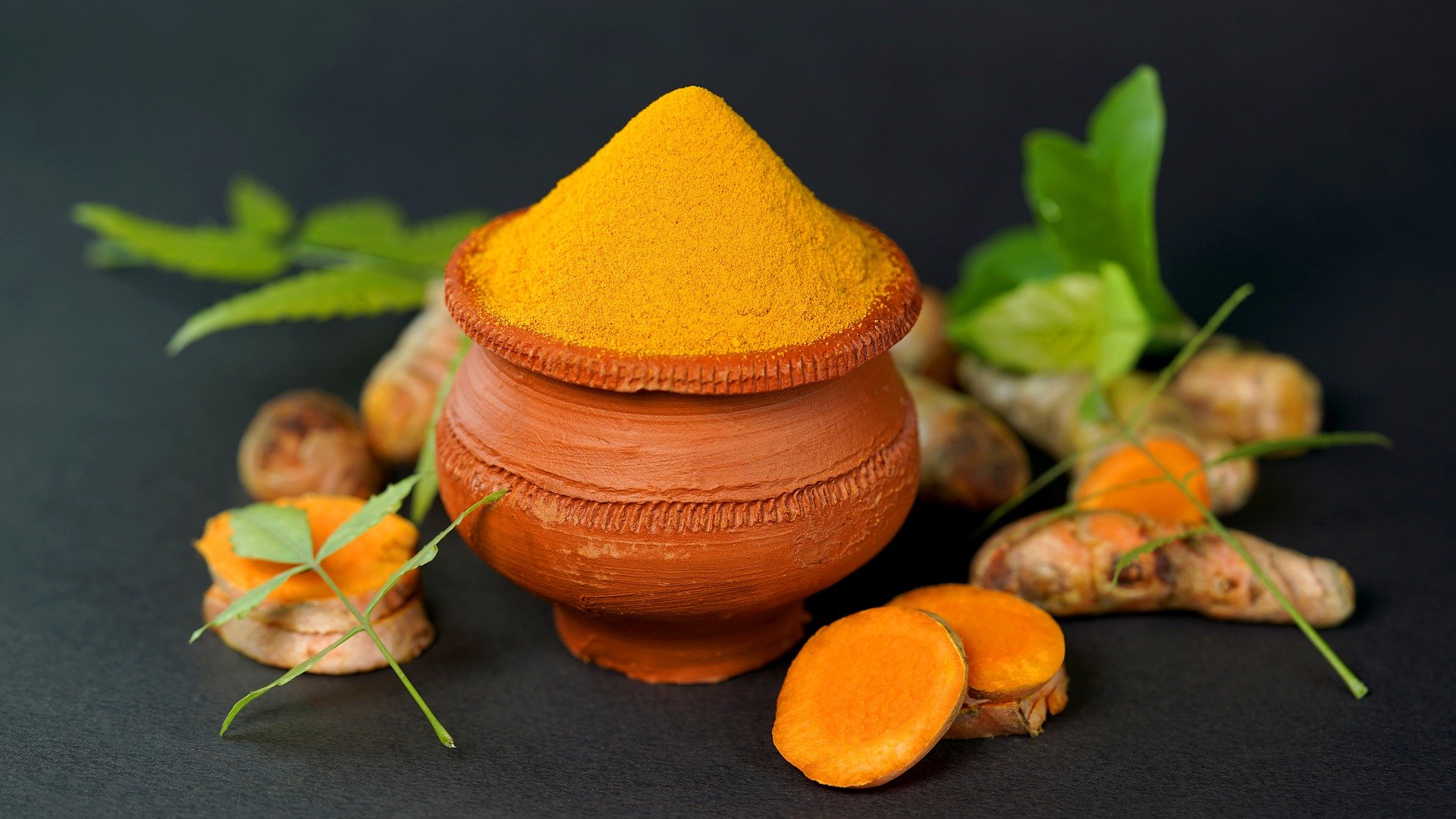



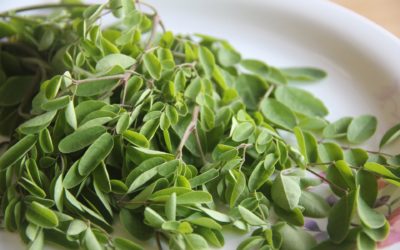

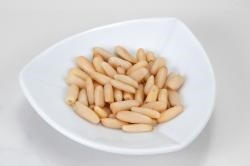

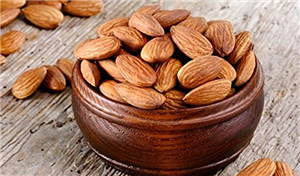
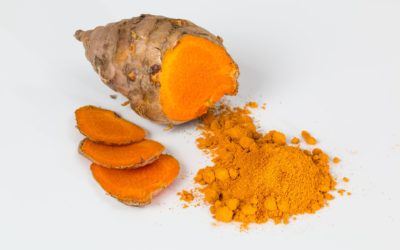

Leave a Reply